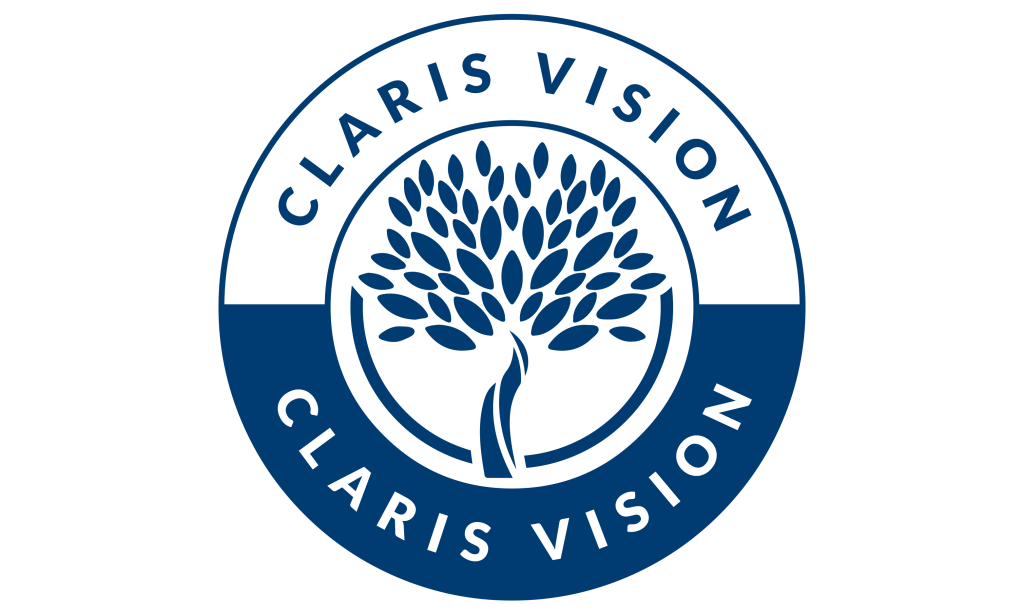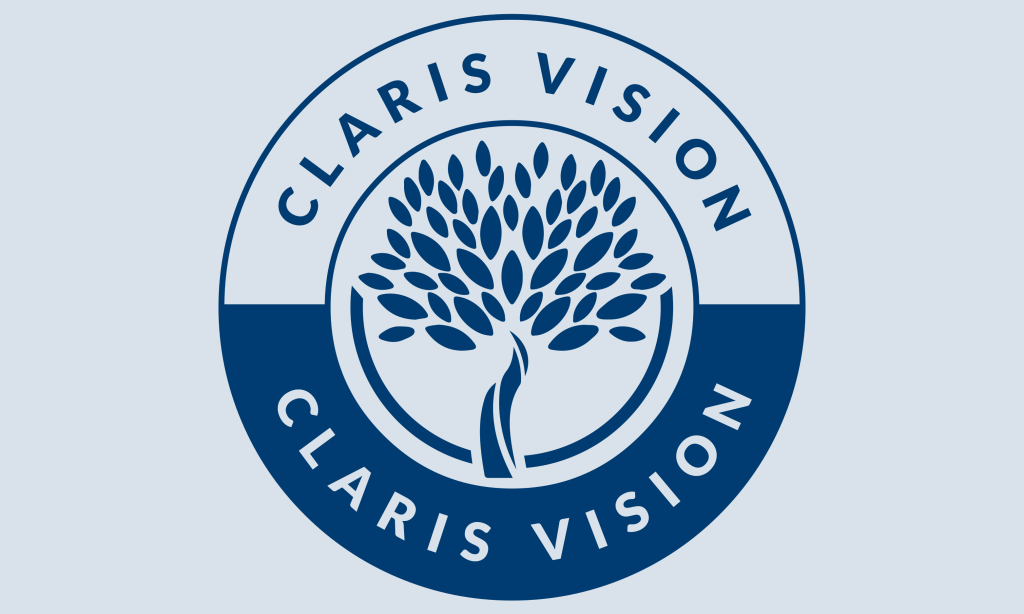Explanation for what is a pterygium.
A pterygium is a wing (pterygion) shaped fibrovascular growth that extends on to the cornea. It can cause redness of the eye and some gritty sensation. As it becomes larger, it can also blur your vision as it causes astigmatism. The usual cause of pterygium is excess exposure to sunlight without the protection of sunglasses.
How can a pterygium be treated?
The current gold standard treatment is pterygium excision with a conjunctival-limbal autograft with the use of fibrin glue. If you are at high risk of the pterygium growing back or scarring, an additional medication (mitomycin) may be used during surgery.
The use of sunglasses is advised to reduce the risk of recurrence and scarring, but also to protect from further sun related damage to the same or other eye.


